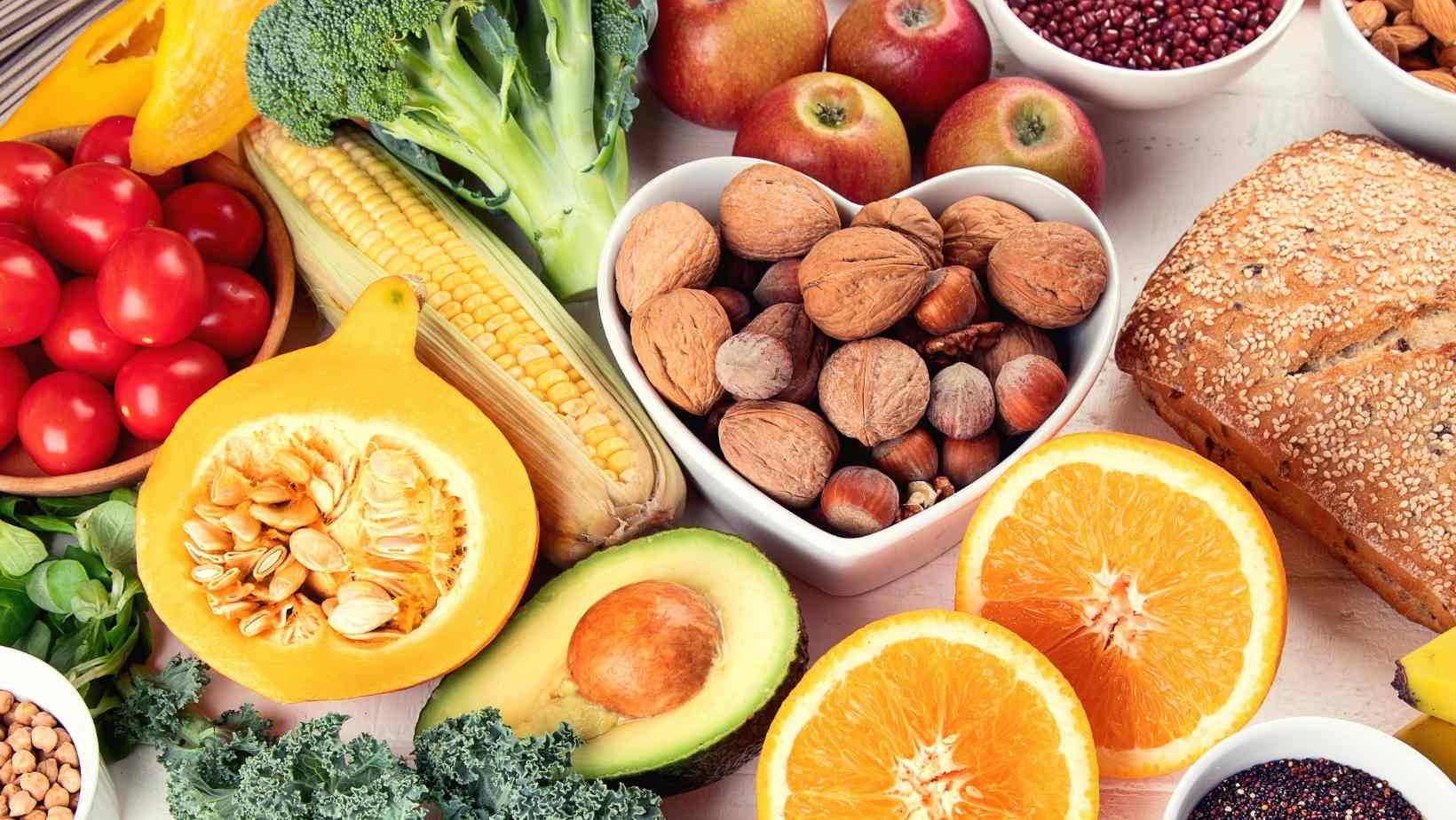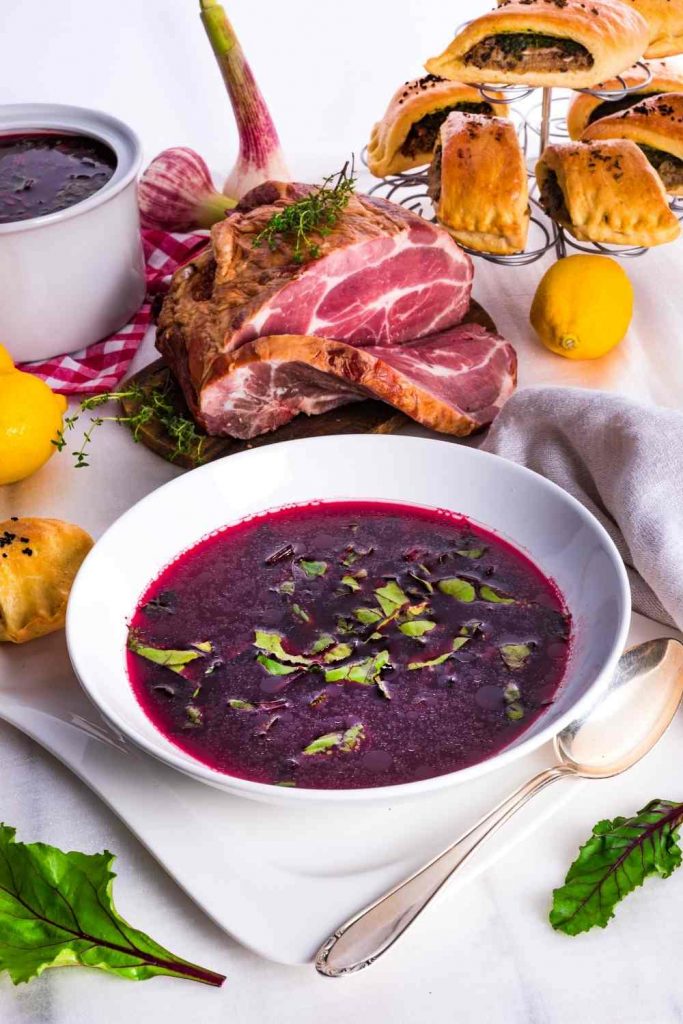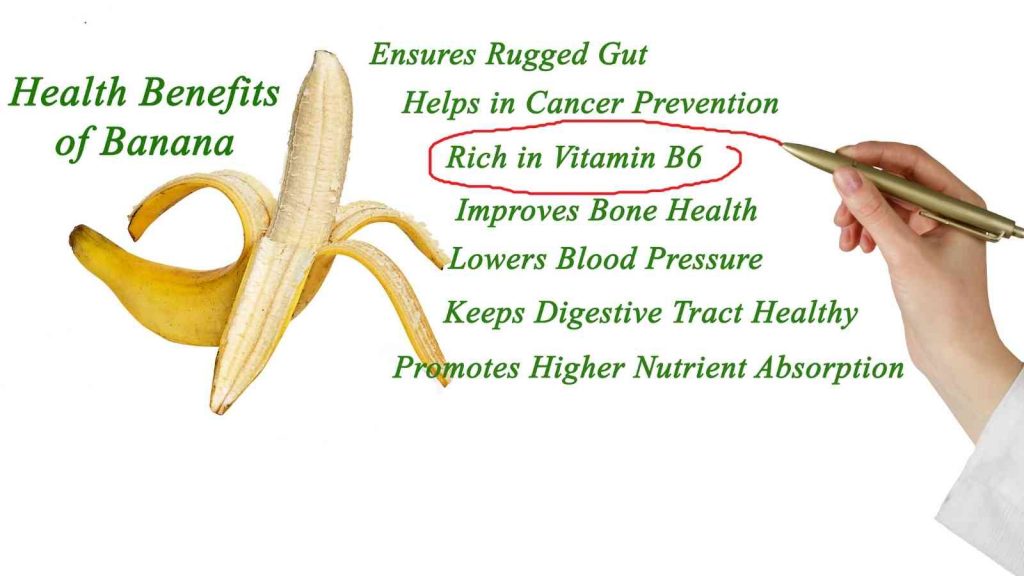Potassium is a significant dietary element that is important in maintaining the pH and fluid balance of your body. It is necessary for the maintenance of proper blood pressure management (it works in opposition to sodium). It is also required for appropriate muscular development, as well as for the proper functioning of the neurological system and brain. According to the Institute of Medicine, an average adult should take around 4,700 mg of potassium each day.
When you have a renal illness, diabetes, vomiting, changing hormone levels, or as a side effect of some drugs, your potassium levels may be impacted, among other things. It is preferable to get potassium through your diet rather than from supplements; nonetheless, you should consult with your health care practitioner before using potassium supplements.

Given that fruits and vegetables are the most abundant sources of potassium, it's possible that you're receiving enough in your diet right now. While it's true that most individuals who follow a Western diet consume less than five servings of fruits and vegetables each day, there's a strong possibility that you may benefit from more of this powerful mineral in your diet.
Consider including more of these items in your diet in order to increase your consumption.
Jump to:
1. Baked Potatoes
Baked potatoes are causing a stir in the potassium world. One medium-baked potato has 926 milligrams of potassium, which is more than a fifth of your daily recommended intake of potassium. It should also be noted that potatoes are a fantastic source of vitamins C and B6. 161 calories and 4.3 grams of protein, as well as 3.8 grams of fiber, are included inside this dish.
2. Beet Greens
In the event that you're composting your beet greens rather than sautéing them, you're sacrificing a significant amount of nutritional value. An equal-sized cup of these cooked greens has about 1,310 milligrams of potassium, along with a variety of other minerals and four grams of fiber. It also contains 35 milligrams of vitamin C and 11,000 International Units of vitamin A.

3. White Beans
Dry beans of any kind are high in potassium, but white beans have the highest concentration: For instance, a 1/2 cup portion of lima beans has 477 milligrams of potassium. Beans are also a wonderful source of nutrients in general, as well as fiber—a serving of lima beans has 6.5 grams of fiber and a little over 100 calories—and is low in fat.
If you decide to use canned beans, be sure to rinse them well before eating or preparing them for consumption.
4. Nonfat Yogurt
The potassium content in plain nonfat yogurt is more than 500 milligrams per cup, making it a rich source of the mineral. Low-fat yogurt is also a rich source of potassium, although yogurt produced with whole milk isn't nearly as potent as yogurt prepared with skim milk.
In addition, it is crucial to know that Greek yogurt does not contain anything near the amount of potassium found in plain nonfat yogurt. In that 150-calorie cup of yogurt, you'll also receive lots of calcium, protein, vitamin D, and probiotics, which are beneficial microorganisms that help your body function properly.
5. Baked Sweet Potatoes
Sweet potatoes are filling and nutritious, and they are high in vitamins and minerals. One medium-sized baked sweet potato has more than 500 milligrams of potassium, as well as B vitamins, minerals such as manganese and copper, and around 20,000 International Units of vitamin A, all of which are beneficial to the body. That tasty spud also has around 4 grams of fiber and just 100 calories.
6. Bananas
There is a solid reason why bananas are well-known as a high-potassium source of nutrition. A medium banana has more than 400 mg of potassium per serving. It also has a high concentration of B vitamins, 3 grams of fiber, and around 100 calories.

7. Prunes and Prune Juice
Prunes and prune juice are both high in potassium, making them a great source of this mineral. The potassium in a cup of dried prunes is 1244 milligrams, and they also include a slew of other minerals and B vitamins, as well as over 1,300 International Units of vitamin A.
8. Clams
Clams are best recognised as a source of zinc, a mineral that is essential for the proper functioning of several chemical processes in the body. Clams, on the other hand, are a good source of potassium, with three ounces having around 530 milligrams. Clams are also a low-calorie, high-protein food that is a good source of iron, according to the USDA.
9. Dried Apricots
Dry apricots are rich in potassium, with a 1/2 cup meal containing more than 750 mg of potassium. They're also abundant in vitamin A, iron, and niacin, among other nutrients. Despite the fact that fresh apricots are a good source of potassium, the same quantity of dried apricots contains much more—1,511 milligrams per cup compared to 427 milligrams per cup for fresh fruit.
10. Winter Squash
Acorn squash, butternut squash, Hubbard squash, and other winter squash types are all great sources of potassium, with about 600 mg per cup of cubed squash when cooked.
Also, it contains more than 20,000 International Units of vitamin A, which is a significant amount of the mineral chromium. A cup of diced cooked squash has around 80 calories and 7 grams of fiber.




